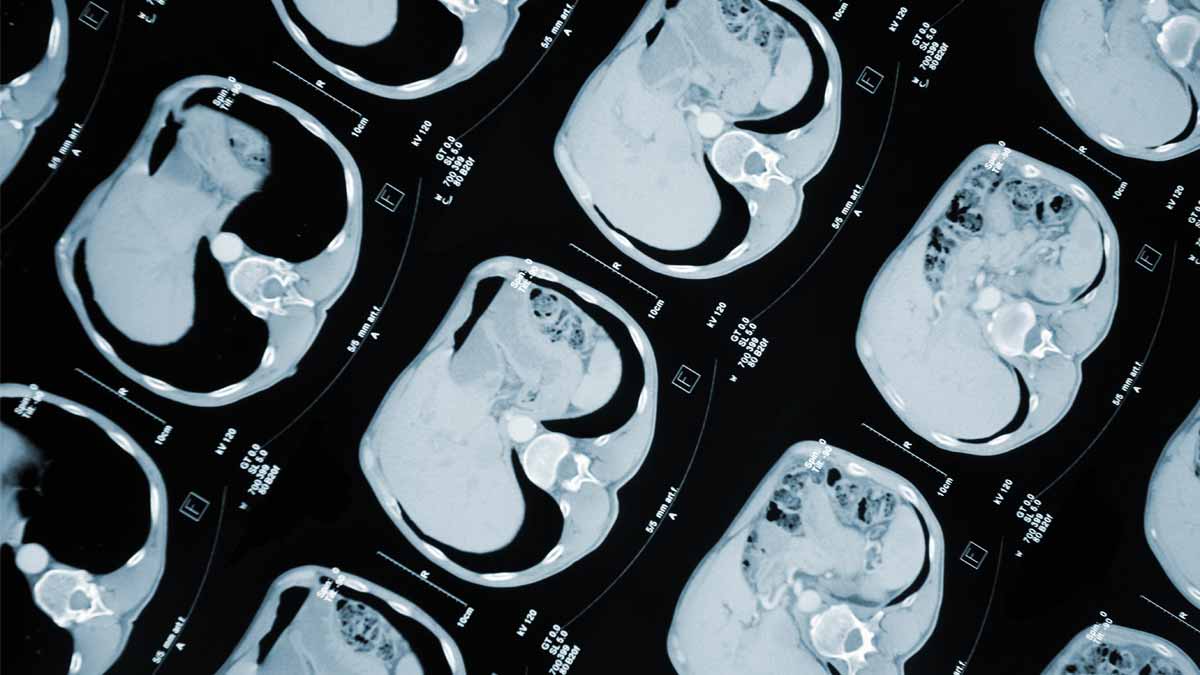Novel anticancer vaccine shows promise early in study
Promising results from an Ohio State University College of Medicine and OSUCCC–James phase I clinical trial on a novel peptide vaccine suggest an important potential benefit of this vaccine and warrant its continuing development for treating patients with metastatic or recurrent solid tumors that overexpress the HER-2 protein.
Led by principal investigator Pravin Kaumaya, PhD, a professor in the Department of Obstetrics and Gynecology at Ohio State College of Medicine and member of the Translational Therapeutics Program at the OSUCCC –James, the trial demonstrates that the vaccine, called B-Vaxx, is well tolerated and can generate sustained anti-HER-2 immune response compared to humanized monoclonal antibodies, to which most patients develop resistance.
The present study shows preliminary indication that peptide vaccination may avoid therapeutic resistance and offer a promising alternative to monoclonal antibody therapies such as Herceptin® and Perjeta®.
Leveraging the immune system to target cancer
Reporting in the journal Clinical Cancer Research, Kaumaya and colleagues state that HER-2 is overexpressed in multiple epithelial tumors, including breast, gastroesophageal, endometrial, ovarian, colorectal and lung cancers. They also note that HER-2 is associated with more aggressive forms of cancer, increased metastasis and decreased survival, making it a key therapeutic target in many malignancies.
The scientists describe B-Vaxx as a B-cell epitope-specific vaccine that combines two peptide B-cell epitope vaccines: measles virus fusion (MVF)-HER-2 corresponding to amino acid sequences 597-626 (pertuzumab), and MVF-HER-2 corresponding to amino acid sequences 266-296 (trastuzumab) incorporating a “promiscuous” MVF T-cell epitope. The two peptide constructs were conceived and designed by Kaumaya.
“Overall, immunotherapy using cancer vaccines is an exciting and rapidly evolving field in oncology that leverages patients’ immune systems to target cancer,” the scientists write in Clinical Cancer Research. “Chimeric B-cell epitope peptide vaccines incorporating a ‘promiscuous’ T-cell epitope offer an attractive immunotherapeutic option in the treatment of cancer.”
The primary objectives of this first-in-human clinical trial, registered at Clinicaltrials.gov(NCT 01376505) and conducted under an investigational new drug application (IND#14633, P. Kaumaya) approved by the U.S. Food and Drug Administration, were to assess the safety and toxicity of immunization, determine the optimum immunologic/biologic dose (OID/OBD) of the new combination HER-2 vaccine, measure humoral and cellular immune responses, and evaluate the vaccine’s therapeutic benefit.
The trial, which took place entirely at Ohio State, involved 49 patients with metastatic or recurrent tumors and a median of four prior lines of chemotherapy who received at least one inoculation of B-Vaxx. Of these, 28 patients received three or more vaccinations. Two of these patients showed a partial response and 14 exhibited stable disease.
“The vaccine generated sustained humoral response-eliciting HER-2-specific antibodies in the majority of responding patients,” the scientists write, adding that most patients in the study had minimal or no toxicities, and that no dose-limiting toxicities were observed.
Learning from the phase I study
The scientists’ report addresses a few limitations of the clinical trial, such as it being a single-institution study involving a heterogeneous group of cancer patients who were heavily pre-treated. “Such patients tend to have poor ability to mount an effective antitumor immunity because of tumor-and treatment-induced immunosuppression,” they explain, adding that patients who are less heavily pretreated or have a lower tumor burden have been found to stage a more effective and sustained immune response.
They go on to state that the trial suffered from a lack of randomization and from an absence of consistent measurement of HER-2 overexpression in patients enrolled in the dose-escalation part of the study. “This is partly because the phase I trial was open to all patients irrespective of whether they overexpressed HER-2.”
Overall, the scientists conclude that, in addition to being well tolerated and able to generate sustained anti-HER-2 immune response, the vaccine induced patient antibodies that showed potent antitumor activity.
“Given the initial promise,” they write, “continuous development of the vaccine is ongoing (at the OSUCCC –James) at the suggested OBD in a less heavily pretreated patient population in breast and/or gastrointestinal malignancies with HER-2/EGFR overexpression.”



